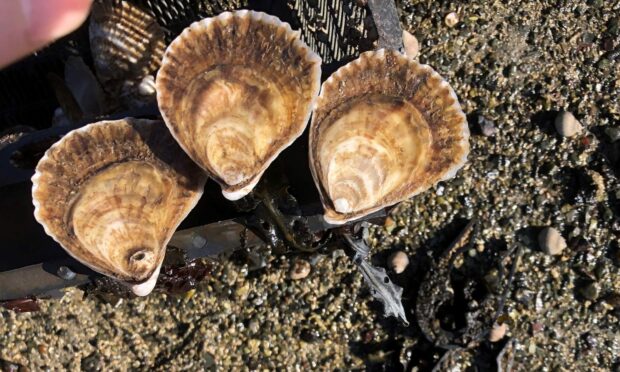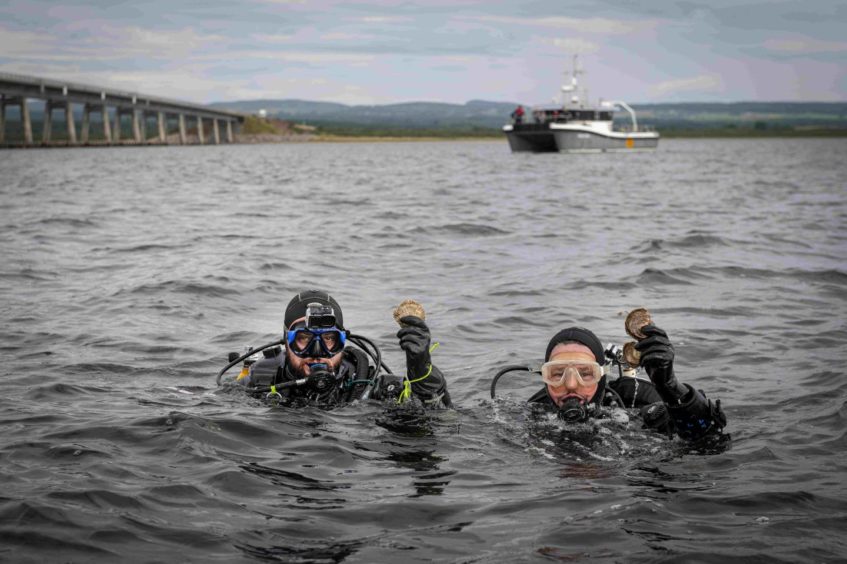A scheme designed to improve water quality utilising hundreds of oysters is being piloted in Oban.
Through this new trial, Water Plus aims to explore innovative ways around how we all interact with and use water.
The water retailer has introduced 540 oysters at Oban, investigating how oysters can help organisations with their water usage and reduce carbon emissions.
Oysters can filter around 200 litres of water in 24 hours, so in total could filter 108,000 litres of water a day, helping to clean UK coastal water.
The scheme will also involve primary school kids from Lochaline Primary School in Morvern, who will study how the oysters grow and the biodiversity involved.
Headteacher Louise Bell, said: “With the location of our primary school, we’re actively involving pupils in the natural world and resources we all see and use.
“Seeing the native oysters growing, along with the natural habitats this creates, helps their development and can also have wider impacts to help local communities reduce impacts on the environment too.”
A total of 20 native oyster beds will be located near the schools so children can monitor the health of the oysters.
Restore oyster levels and help habitats
The initial 540 oysters are expected to multiply year on year as scientists research the blue carbon capture capacity in the waters near Oban.
Andy Hughes, chief executive of Water Plus, said: “We’ve started this trial to explore, in more detail, the benefits and opportunities for organisations from working closely with natural resources, while taking steps to help reduce impacts on the environment.
“It’s also about raising awareness about how we all interact with water, how we can approach this through our relationship with natural resources in the future and encourage consideration around more options to help our planet.
“Along with restoring oyster levels in the UK, to help habitats and boost biodiversity, we’re working closely with those who know how to care for and encourage the native oysters to flourish – this year and in the future.”
It is not the first time oysters have been used to clean water and combat climate change.
Since 2014, the Dornoch Environmental Enhancement Project (Deep) has been reintroducing oysters into the Dornoch Firth, where they purify waste water from a local distillery.
Not only are they purifying the water, but oyster reefs create valuable habitats for other marine life.
Scallop discos trialled in Orkney
Meaenwhile, another marine environment project is under way in Orkney, where new technology is helping reduce the impact of scallop fishing.
Using lights on lobster pots, scientists have found that this attracts lobsters, crabs and scallops better than fish bait.
New trials using modified scallop catchers dubbed scallop discos are being used, which could replace the environmentally harmful dredging technique currently used.
Dr Rob Enever said: “The plan is to have a pot that catches crab and lobster and enables scallop to swim in even more easily.”


Conversation